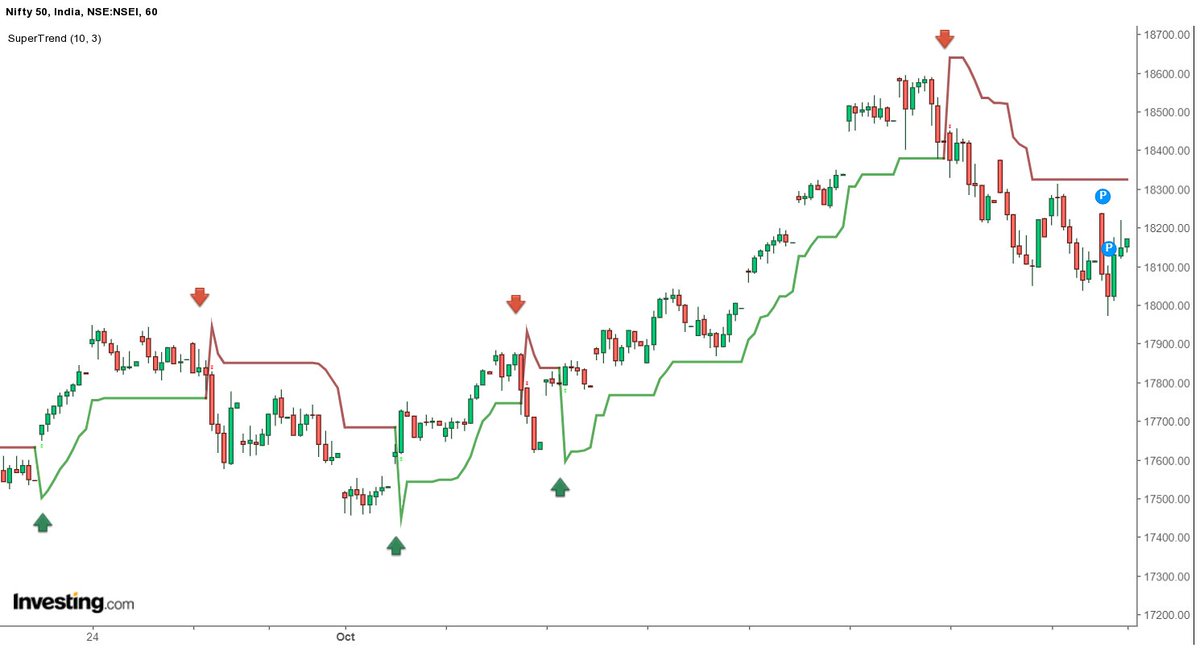
Elearnmarkets presents Learn2Invest✨
An Exclusive Series by @vivbajaj where everyone can learn the art of investing!
Summary of Episode 4: Impact of Income Tax on your Investments💵
A thread(🧵)...
An Exclusive Series by @vivbajaj where everyone can learn the art of investing!
Summary of Episode 4: Impact of Income Tax on your Investments💵
A thread(🧵)...

In one sense, when you're #investing, you're giving back to #Society, because you're giving them money.
The fact that you're giving to someone else means that Economic activity grows👇
The fact that you're giving to someone else means that Economic activity grows👇
Even in a #Bank, when you're #investing in a Savings Account, the bank will give you a little interest.
It will give that money in the form of a loan to some company or even give you back the same in the form of some EMI. 👇
It will give that money in the form of a loan to some company or even give you back the same in the form of some EMI. 👇
That's how #banks make money. Borrowing at a cheaper #Capital known as CASA: Current Account/Savings Account and then lending to big companies🏦
That's a way in which you contribute to the #Economy 👇
That's a way in which you contribute to the #Economy 👇
Another way of contributing to the Economy is through #Taxes.
There are 2 types of Taxes: Direct and Indirect.
When you buy a product or avail of a service, there's a GST. Like for food🍞, we have 5% GST, or it is 18% for some products
There are 2 types of Taxes: Direct and Indirect.
When you buy a product or avail of a service, there's a GST. Like for food🍞, we have 5% GST, or it is 18% for some products
This is a small component. But, in the Financial Market, when you Trade in any Financial #assets or #invest, if you make a profit📈, then you have to provide Income Tax👇
Hence, we are touching on a very relevant topic: #IncomeTax and how to plan it.
We'll touch on which #instrument has how much tax and how to plan for it
We'll touch on which #instrument has how much tax and how to plan for it
The tax has a #Compounding effect. With Time, it reduces your money.
Hence, if you plan your taxes well, you will glorify your implications for Compounding📈
Hence, if you plan your taxes well, you will glorify your implications for Compounding📈
Suppose, you're paying 30% Income tax on your #Income. The next year, you will see the Compounding #impact on the money left. 💰
If you can reduce that to 10% in the first year, then the Compounding impact on the remainder will be huge.
Hence, #money saved is money earned📈
If you can reduce that to 10% in the first year, then the Compounding impact on the remainder will be huge.
Hence, #money saved is money earned📈
India as a country has a complicated Tax Mechanism🇮🇳
Coming to the heads of #income: we have #Capital gains, Business Income💰, #salary💵, House Property🏚️ and other sources👇
Coming to the heads of #income: we have #Capital gains, Business Income💰, #salary💵, House Property🏚️ and other sources👇
Let's break down Tax. Cash lying at home? There's no tax. But there's #inflation which cuts down the money💵
Commercial Papers🗞️, Treasury Bills, Certificates of deposits also have their slabs(Refer to the PPT: bit.ly/3sVDMEj)👇
#FixedDeposits give you interest📈 but are also subject to Taxes. But, some #Government schemes have Tax advantages(Refer to PPT:bit.ly/3sVDMEj)✨👇
At times, for certain assets, the Government provides an Indexation Benefit✨
Meaning, for the asset, bought years back, the present value is calculated and then the tax is calculated on the difference between the selling value and present value(Refer to the PPT:bit.ly/3sVDMEj )📈👇
For #Equity, we have Short-term and Long-term Capital Gains. It is further classified into #listed and #unlisted Equity
(Refer to the PPT: bit.ly/3sVDMEj)👇
(Refer to the PPT: bit.ly/3sVDMEj)👇
We tend to focus on the time and return on #Equity, but the Tax Allocation element is often ignored.
Depending on the tax slabs, you #Investments can be modified for more gains📈👇
Depending on the tax slabs, you #Investments can be modified for more gains📈👇
For ETFs, #IndexFunds & #SectoralFunds are taxed like Equity, whereas Gold ETF & International funds are taxed like Debt #MutualFunds💰👇
For Real Estate🏚️, again, is divided into Short-term and long-term Capital gains.
There are certain exemptions that you can avail of too! ✨
(bit.ly/3sVDMEj)👇
There are certain exemptions that you can avail of too! ✨
(bit.ly/3sVDMEj)👇
For Commodiities🪙, Physical Gold, Digital Gold, Gold ETFs are treated on a short-term and long-long-term basis.
Refer to the PPT for all the Commodities (bit.ly/3sVDMEj) 👇
Refer to the PPT for all the Commodities (bit.ly/3sVDMEj) 👇
For Futures Trading, the Government specifies that since it is not part of your work, it will be treated as #Business Income with Normal Tax Slab👇
Suppose you're speculating, the Speculative loss is carried forward for 4 years, while Business Loss is for 8 years.
It is important to know more about Speculative and Non-Speculative Income.
It is important to know more about Speculative and Non-Speculative Income.
To watch the entire video, click here: bit.ly/331rj79
You can also enroll for our course on Insurance & Taxation for just 799 only, using code REC20! ✨
sedg.in/bksainp4
sedg.in/bksainp4
• • •
Missing some Tweet in this thread? You can try to
force a refresh







